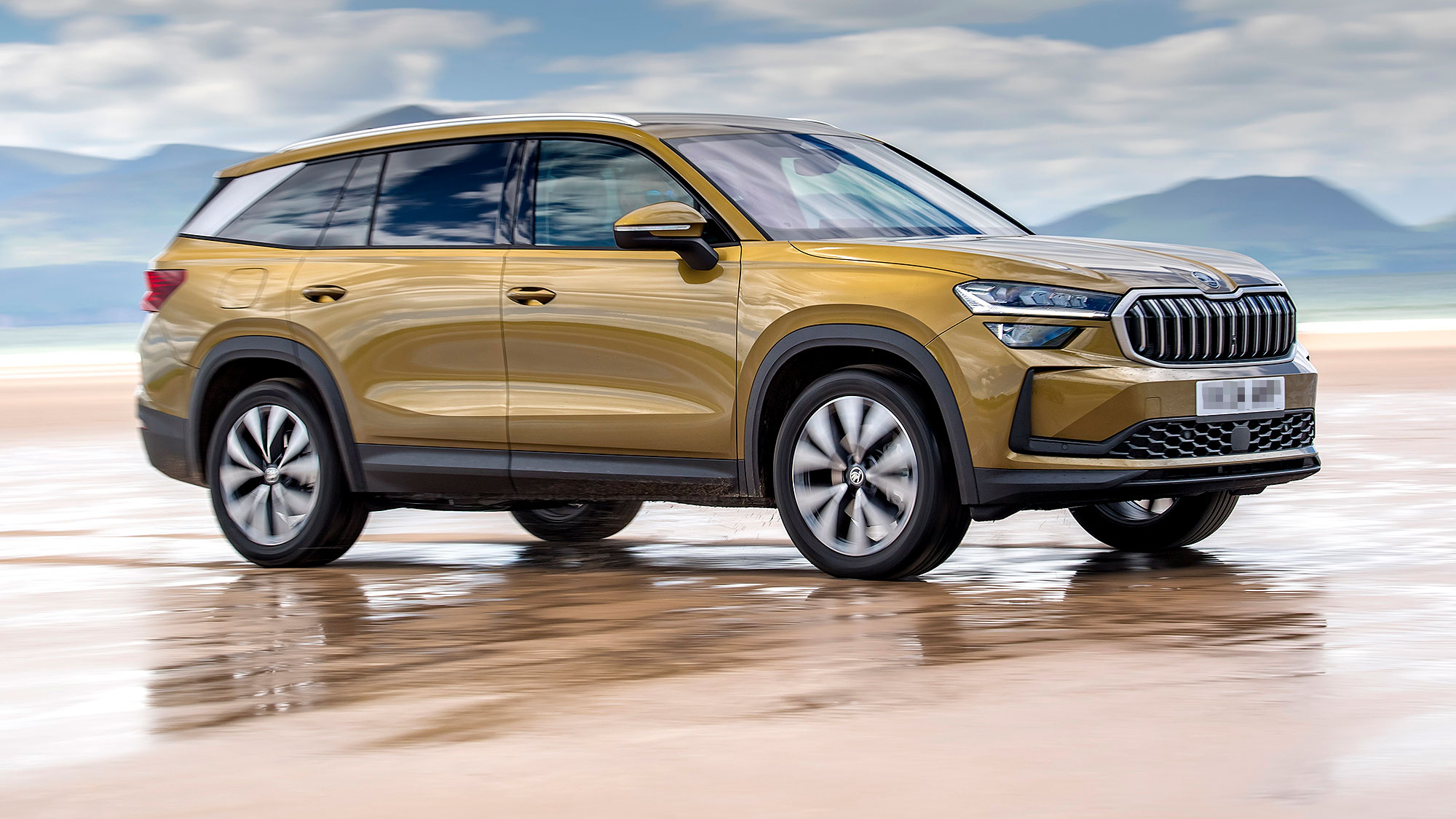Brand-new petrol & diesel cars and vans will no longer be sold in the UK after 2030, as part of the Government’s plan to reduce emissions. Read this article to find out which cars will be banned, what happens to petrol and diesel cars after 2030, and what this news means for you.
In 2020, Prime Minister Boris Johnson announced that new cars and vans powered wholly by petrol or diesel will not be allowed to be sold in the UK from 2030. The ban was previously scheduled for 2040, however it has been moved forwards as part of the government’s plan to reduce the UK’s impact on climate change and generate more jobs.
Why are fossil fuel cars being banned after 2030?
Standard petrol and diesel cars have combustion engines, which produce emissions that are harmful to the environment. In order to tackle the significant causes of climate change, emissions will not only need to decline, they have to get down to zero (known as net-zero) by 2050.
The government put its signature to a legally binding agreement to reach the net-zero goal. This means that there’s no time to waste, and pushing the diesel and petrol ban forward by a decade may help the UK hit its objective sooner.
The ban is part of a ten-point plan that the government are using to reduce our contribution towards climate change. Prime Minister Boris Johnson has named this “a green industrial revolution.”
Will all petrol and diesel vehicles be banned from sale?
The 2030 ban applies to new cars and vans that are powered wholly by petrol or diesel. It does not apply to second-hand cars, or to hybrid cars that have a “significant zero-emissions capability,” such as plug-in hybrids and full hybrids.
What the ban means for Motability Scheme customers
Rest assured that as a Motability Scheme customer, the ban won’t affect you and your Scheme car for a while. The rule only relates to the sale of brand-new diesel and petrol vehicles – and there are still eight years to go. With the Motability Scheme, leases usually last for three years, so you have no cause for concern.
If you are nearing the end of your Scheme car lease, or if you’re looking to join the Scheme, it’s worth considering an electric car. There are a variety of electric and hybrid vehicles available on the Scheme – use our Car Search tool to view the full list.
What will happen to existing petrol and diesel cars after 2030?
Although electric vehicles (EVs) will eventually replace fossil-fuelled transport, this will not be an overnight change. The 2030 ban prohibits the sale of new petrol or diesel cars, but people who already have a fossil-fuelled car can continue to drive it on the roads.
Will I be able to buy petrol or diesel after 2030?
Yes, you will. There are currently no plans to stop the sale of petrol or diesel in 2030. However, the prices of liquid fossil fuels may rise, making them much more expensive than driving an electric car.
How does the fossil fuel car ban impact hybrid cars?
There are different types of hybrid cars, but the most popular is a Hybrid Electric Vehicle, also known as an HEV or a self-charging hybrid. Another type is a Plug-in Hybrid Electric Vehicle, also known as a PHEV. Both types of hybrid vehicles will not be impacted by the 2030 ban, however, from 2035 they will face a similar ban on any brand-new hybrid car sales. You will still be able to lease a new hybrid vehicle on the Motability Scheme until 2035.
Will there be enough electric charging points by 2030?
There have always been uncertainties around the UK’s infrastructure when debating EVs – especially when it comes to accessing charging points.
However, the infrastructure is gaining momentum, with £1.3 billion of investment going towards EV charging points. They are popping up in all sorts of public places across the UK, from shopping centres and service stations to supermarket car parks. Check out our step-by-step guide for more information on charging an EV when out and about.
There is also the option of home charging, which can be incredibly convenient as you don’t have to go anywhere to power up your vehicle. A growing number of homes are being constructed with a built-in charging socket, and if you are a Motability Scheme customer then you may be able to get a home charge point installed at no cost to you – find out more here.
Which other countries are banning fossil fuel cars?
The UK isn’t alone in its plan to veto diesel and petrol vehicles. As well as the UK, Germany, Ireland and the Netherlands are proposing to ban new diesel and petrol car sales by 2030. Even more ambitious is Norway, with the ban scheduled for 2025.
Leasing an electric car on the Motability Scheme
The Motability Scheme makes leasing a car an easy, hassle-free experience. With the Scheme, you can exchange part or all of your qualifying mobility allowance to lease a brand-new vehicle of your choice. Insurance, breakdown assistance, servicing and maintenance is already arranged and included in the price you pay, so you can enjoy the freedom that comes with an all-inclusive lease.
Search our range of EVs
Take a look at our Car Search tool to find electric cars available on the Scheme. You can also use the ‘Advance Search’ function to narrow down choices to your exact requirements
Related articles
Electric cars: Information and Drivers’ Guide
Electric cars available on the Motability Scheme
Electric cars: how to speak the language
![]()








